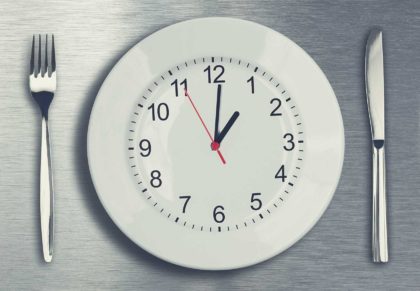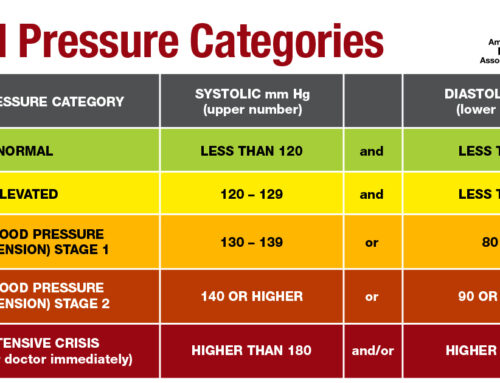by Dr. Tina Marcantel
 We live in a miracle! The body’s amazing functions—including healing—are miraculous beyond our comprehension. Fasting is one of the ways our bodies repair and heal themselves.
We live in a miracle! The body’s amazing functions—including healing—are miraculous beyond our comprehension. Fasting is one of the ways our bodies repair and heal themselves.
A 2019 study published in The New England Journal of Medicine called “Effects of Intermittent Fasting on Health, Aging, and Disease” found that “Evidence is accumulating that eating in a 6-hour period and fasting for 18 hours can trigger a metabolic switch from glucose-based to ketone-based energy, with increased stress resistance, increased longevity, and a decreased incidence of diseases, including cancer and obesity.”
The beauty of fasting is that it’s a simple practice that’s available to everyone. Of course, it’s always important to check with your healthcare provider before doing fasting to make sure any existing medical conditions wouldn’t be adversely affected.
The results you can achieve depend on the length of your fasting time.
Intermittent fasting is considered to be a 13-15 hour fast in which human growth hormone (HGH) increases and fat burning begins.
The next phase of fasting is autophagy, which starts approximately 16-18 hours into the fasting process. This term refers to the cellular detoxification and repair of the body. This results in reduced inflammation, improved immune function, balanced blood sugar and insulin levels with weight loss, and improved energy and focus.
24-hour fasting (one meal a day). In addition to the above benefits, a neurotransmitter called GABA is produced, causing calmness and relaxation. Longer fasts also promote autoimmune healing and intestinal stem cell regeneration.
There are also fasts that stretch to 36, 48, and 72 hours and longer that have more health benefits. These should be done under medical supervision.
Tips for a Successful Fast
- Drink plenty of water, lemon water, detoxification tea (sweeten with stevia is desired), apple cider vinegar water, and electrolyte water.
- Support your cells’ detoxification process with gentle movement such as stretching, Pilates, and yoga. As your body adjusts to fasting you may increase to moderate exercise.
- Break your fast with protein if you want to build muscle. Break your fast with fats (e.g., olives, avocado, MCT oil, nut butter) if you want to allow your body to prolong autophagy. Pure fat will not raise blood sugars.
- Eat hormone-building foods when not fasting so you don’t deplete hormones during fasting. Hormone building foods include yams, squash, green peas, cruciferous vegetables, spinach, berries, raw nuts, salmon, flax, and pumpkin seeds.
- Avoid eating after 6:00 or 7:00 p.m.
- Start slowly with the number of fasting hours and build up to your desired fasting times.
- Vary your fasting days and the lengths of your fasts for best results.
Remember that much of fasting is done at night and while sleeping so the fast you choose won’t seem so long. Choose your fast according to what you want to accomplish, then observe the body’s miraculous work through fasting!
For more information on this topic watch my video, “Tips for Successful Fasting.”





